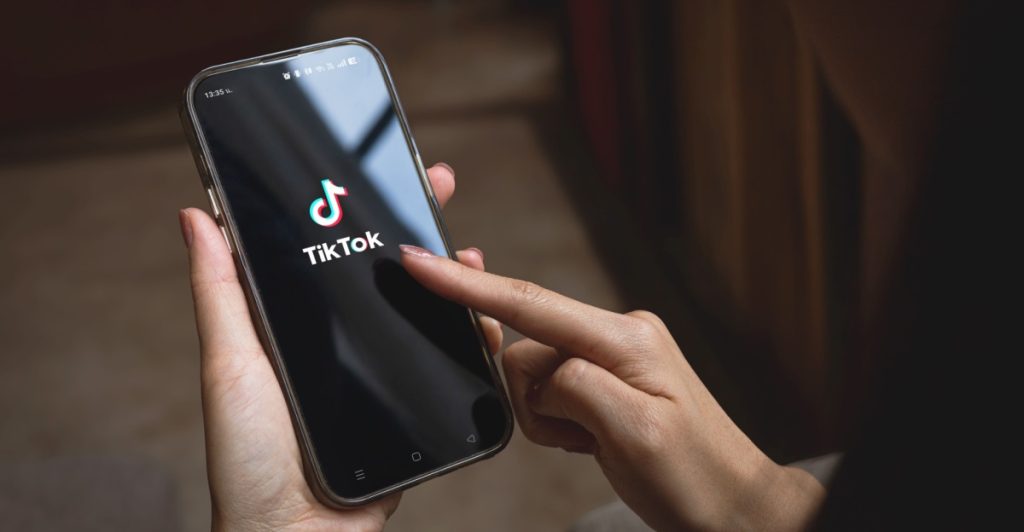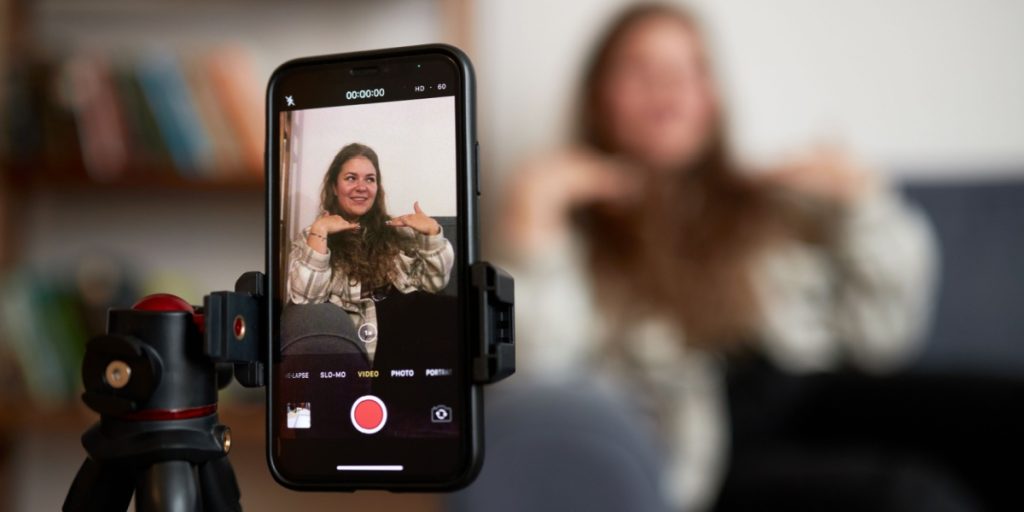What looks like apathy might actually be anxiety, exhaustion, or social burnout.
Others are reading now
A viral TikTok clip from July 2024 showed a millennial content creator describing what she called a strange trend: Gen Z workers who “just stare at you”—even when you speak to them.
The post struck a nerve, and the two-minute video quickly blew up online.
A Deeper Meaning

But what started as a curious generational jab has since become a deeper conversation.
Psychologists, cultural commentators, and Gen Z themselves are all weighing in and many agree: this isn’t just about attitude.
“We Are So, So, So Tired”

Comment sections were flooded with responses from Gen Z users defending the so-called blank stare:
Also read
“We don’t feel human anymore. We are tired, so, so, so tired,” one user wrote.
Another added, “It’s not rudeness. We just don’t like fake interactions.”
“We must detach to keep going,” a third explained.
Others poked fun at the millennial’s critique, targeting her long pauses in the video, sarcastically comparing them to the very stare she was calling out.
Psychologists Weigh In

Workplace wellbeing consultant Bex Spiller told Metro that the Gen Z stare could be a physiological sign of emotional overload, not disinterest.
Also read
“This Is a Nervous System Response”

“This generation has entered the workforce during a time of incredible pressure,” Spiller said, citing rising living costs, digital overstimulation, and job insecurity.
She pointed to the ‘freeze’ response—a lesser-known counterpart to fight or flight.
“The stare may be a subconscious way of coping with stress. They’re not zoning out to be rude—they’re overwhelmed.”
Constantly On Display

Author and cultural analyst Tam Kaur believes the blank gaze reflects the unique pressures Gen Z faces.
“We’re the first generation to grow up with our faces always visible—on selfies, stories, video calls. Even a basic greeting can feel like a performance.”
Also read
Gen Z’s need to appear polished, unproblematic, and composed—even in casual interactions—creates social fatigue.
And when there’s anxiety, insecurity, or sensory overload, the result may look like a blank stare, but it’s actually self-protection.
The Pause Is Processing

Kaur adds that what may feel awkward or cold to others could be a moment of mental processing:
“It’s not rudeness. Some people just need a few seconds to process what’s been said, especially if they struggle with anxiety or social confidence.”
This generation, shaped by pandemic-era isolation during key developmental years, may still be learning to navigate in-person social norms.
Also read
A Shift in the Workplace and Beyond

Experts say it’s time to stop assuming detachment equals disinterest.
Instead, the Gen Z stare may signal a much larger cultural issue. It is a generation under immense pressure, quietly pushing back against impossible expectations.
“Maybe the stare is telling us something,” says Spiller. “We’ve glorified being ‘on’ all the time—but it’s not sustainable.”


